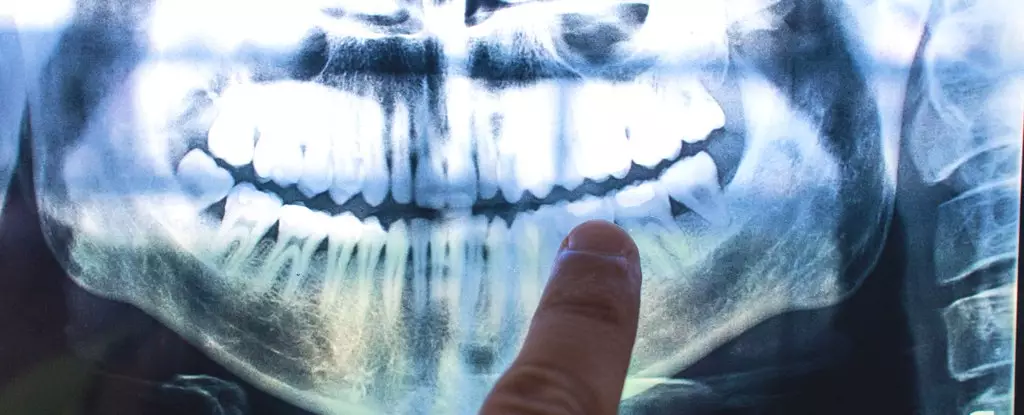The prevalence of oral diseases, including tooth decay and gum disease, is a major concern worldwide. These conditions impact an estimated 3.5 billion people globally, leading to significant health complications if left untreated. Not only do oral diseases cause pain, infection, and tooth loss, but they also have a bidirectional relationship with serious systemic conditions such as cardiovascular disease, diabetes, Alzheimer’s disease, rheumatoid arthritis, and cancer. The economic burden of oral diseases is also substantial, making them the fourth most expensive group of diseases to treat globally. Additionally, productivity losses due to absence from work and school further exacerbate the impact of oral diseases on society.
A recent study conducted by researchers from the University of Greenwich and Cape Western Reserve University has shed light on the future of oral health in the UK. By utilizing advanced modeling techniques, the researchers predicted that over half of the UK’s population could be living with some form of dental disease by the year 2050. The data from the UK’s 2009 Adult Dental Health Survey (ADHS) was used to create simulations projecting the prevalence of tooth decay and gum diseases. The results indicated that the number of individuals living with gum disease is expected to increase from 42% to 54% of the population by 2050, with a rise in the number of people exhibiting signs of gum disease and gum tissue loss.
The outlook for oral health in different age groups is notably distinct. While the number of individuals with tooth decay is projected to decrease slightly in adults aged 16 to 59 by 2050, the prevalence of tooth decay among individuals aged 60 and over is set to nearly double. This shift indicates a transition in the burden of oral diseases from younger to older adults, emphasizing the importance of quality dental care for individuals as they age. With the aging population of the UK, addressing oral health concerns in older adults becomes crucial to prevent further deterioration of oral health outcomes.
One limitation of the study highlighted by the researchers is the assumption that prevalence rates for dental diseases will remain constant over time. It is imperative for future studies to incorporate more recent survey data to provide a more accurate projection of the future of oral health in the UK. Factors contributing to poor dental health, such as inadequate oral hygiene practices, insufficient access to dental care, and low socioeconomic status, need to be addressed to improve oral health outcomes in the population.
To combat the bleak future of oral health predicted in the study, proactive measures must be implemented. Integrating oral healthcare into general medical care, emphasizing preventative measures, enhancing access to quality dental services, implementing early screening programs, and ensuring prompt treatment of dental issues are crucial steps. Oral hygiene education programs and water fluoridation play a vital role in improving oral health outcomes. On a personal level, individuals can contribute to their oral health by maintaining good oral hygiene practices, reducing sugar consumption, quitting smoking, moderating alcohol intake, and scheduling regular dental check-ups.
Addressing the future of oral health in the UK requires a comprehensive approach that encompasses both systemic changes at the policy level and individual behavioral changes. By taking proactive measures to improve oral health literacy, access to quality dental care, and preventative measures, the projected outcomes of oral diseases can be mitigated, leading to a healthier population with improved oral health.


Leave a Reply